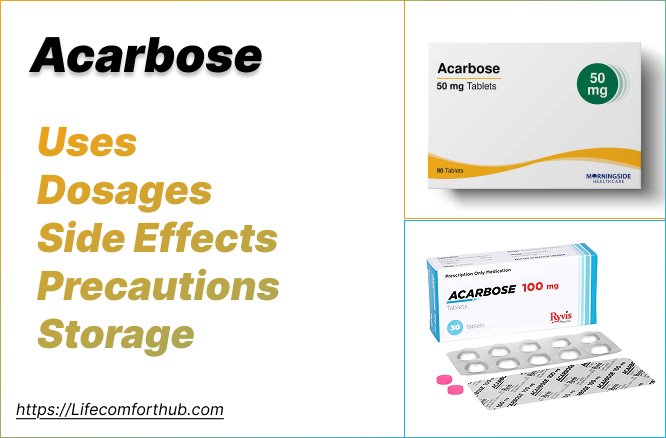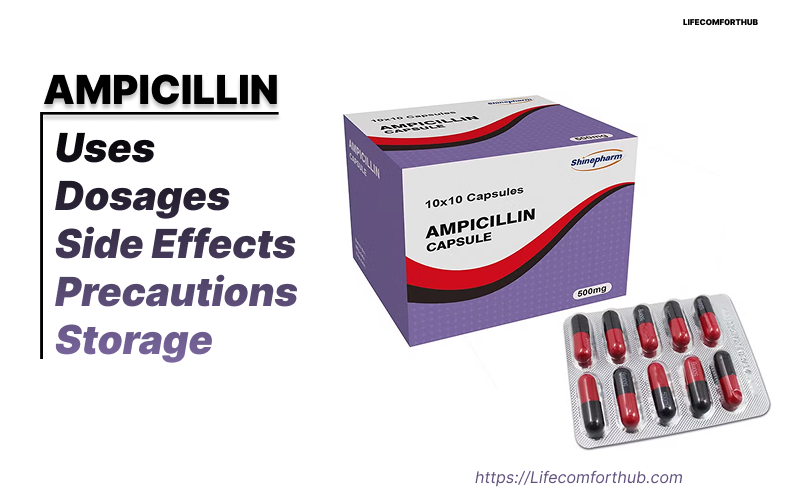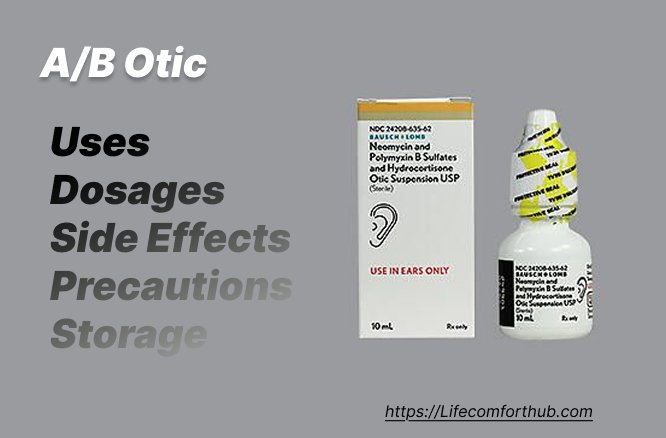Abecma (idecabtagene vicleucel) is a CAR T-cell therapy for adults with relapsed or refractory multiple myeloma (MM), a type of blood cancer that affects plasma cells. The treatment, which is a one time infusion or will i say it is performed once. It is created with the victims own white blood cells. So that being so, they are congenitally made to recognize and attack the multiple myeloma.
Abecma FDA approval was granted for treating relapsed or refractory multiple myeloma (rrMM) in adults who have received at least two prior therapies. This however, includes an immunomodulatory agent, proteasome inhibitor, and an anti-CD38 monoclonal antibody.
How Abecma Works
Abecma is a form of immunotherapy known as CAR T-cell therapy. It involves modifying a patient’s own T cells (a type of white blood cell) to better recognize and attack multiple myeloma cells. This personalized approach aims to harness the body’s immune system to combat cancer more effectively. The process Includes:
- Genetic Modification: In the laboratory, the T cells are made to show a Chimeric antigen receptor(CAR). They made specially, to be able to identify B cell maturation antigen (BMCA) which is a type of protein found on multiple myeloma cells.
- CAR Activation: Once injected back into the patient, these engineered T cells seek out and bind to BCMA-expressing myeloma cells.
- Cancer Cell Destruction: Immediately after binding, the CAR T cells starts functioning and activate the immune system that destroys the bad cells, through a method called cytotoxic mechanisms.
The main aim for all of this is to enhances the immune system’s ability to attack multiple myeloma cells. However, victims who have tried other treatment methods without getting a result make have longer remission for the disease.
What Are The Treatment Procedures?
You are going to undergo some series of treatment procedures, they include:
- Your blood cells will be collected by a process called leukapheresis, sometimes called apheresis.
- Your blood cells will be sent to a manufacturing site to make your Abecma. Based on clinical trial experience, your Abecma will be ready to be shipped back to your healthcare provider about 4 weeks after your cells are received at the manufacturing site, but the time may vary.
- Your healthcare provider will give you 3 days of chemotherapy to prepare your body before receiving your Abecma treatment.
On the day of the infusion
You will receive ABECMA through a tube (catheter) placed into your vein (intravenous infusion). Your dose of ABECMA may be given in one or more infusion bags. Each infusion bag usually takes up to 30 min.
After the infusion
-
For at least 1 week (7 days) after receiving ABECMA, you will stay at the facility where you received your treatment and be monitored daily.
-
For 4 weeks after receiving ABECMA, you should plan to stay close (within 2 hours) to the facility where you received your treatment. During this time, your healthcare provider will check to see that your treatment is working and help you with any side effects that may occur.
Who can Abecma ?
Abecma is approved for adults with multiple myeloma who have received at least two prior therapies, including:
-
An immunomodulatory agent (e.g., lenalidomide)
-
A proteasome inhibitor (e.g., bortezomib)
-
An anti-CD38 monoclonal antibody (e.g., daratumumab)
This therapy is considered when the disease is refractory (not responding) or has relapsed (returned) after these treatments.
Who cannot take Abecma?
Note that as good as this drug is, it is not approved for public use or for everyone to use. Ensure to make enquiries from your healthcare provider before use. To be eligible for the drug, make sure you are free from the following:
- an active infection or inflammation.
- hepatitis B.
- cytomegalovirus.
- Make sure you haven’t taken any pill, vaccine or drug for the past 6 months.
- Pregnancy: Abecma is not recommended for pregnant women, and getting pregnant or giving birth shortly after infusion is not advisable and should be talked over with your doctor. Females may be tasked with the job of making sure they are not pregnant, and also making sure to use birth control pills to avoid pregnancy during and after the infusion.
Assess immunoglobulin levels in newborns of mothers treated with Abecma. If you receive Abecma during pregnancy, your baby’s blood may need to be tested after it is born. This is to evaluate any effects the medicine may have had on the baby. - Breast feeding.
Side Effects Of Abecma
As effective as the drug is, it has a lot of side effects and should be seriously taken serious. Below are the common side effects:
- Fever, chills, fatigue
-
Nausea, diarrhea
-
Headache, dizziness
-
Low blood cell counts
-
Muscle or joint pain.
Serious Side Effects:
-
Cytokine Release Syndrome (CRS): A systemic response causing high fever, low blood pressure, and difficulty breathing.
-
Neurological Toxicities: Confusion, difficulty speaking, or seizures.
-
Infections: Due to weakened immune function.
Patients are monitored closely for these side effects, especially in the initial weeks following infusion.
While no direct interactions between Abecma and alcohol have been identified, consuming alcohol may exacerbate certain side effects like nausea or dizziness. It’s advisable to limit or avoid alcohol during treatment.
Always inform your doctor about all medications and supplements you’re taking to avoid potential interactions.
Warnings
Abecma can cause a very common side effect called cytokine release syndrome, which can be severe or fatal. And it also has a lot of side effects.
It can increase the risk of life-threatening infections that may lead to death. It may also lower one or more types of blood cells, which may make you feel weak or tired or increase your risk of severe infection or bleeding.
Abecma may increase your risk of getting cancer including certain types of blood cancers, called T-cell malignancies.
Abecma may also cause life-threatening nerve problems, blood disorders, or other life-threatening reactions. Such as Problem with thinking, confusion, seizures, fatigue, shortness of breath, or chest pain.
Storage
- Store Abecma frozen in the vapor phase of liquid nitrogen (less than or equal to minus 130°C).
- Thaw Abecma prior to the infusion, according to the Abecma Prescribing Information.
Note that this research was done recently and its sources are mentioned below. don’t rely on this article, don’t self prescribe. Make sure you contact your Doctor before you make any decision.
Sources
- https://www.fda.gov/drugs/resources-information-approved-drugs/fda-approves-idecabtagene-vicleucel-multiple-myeloma
- https://www.wsj.com/articles/bristol-myers-2seventy-get-fda-ok-for-earlier-abecma-use-in-multiple-myeloma-ea23795b
- https://news.bms.com/news/details/2024/Bristol-Myers-Squibbs-Abecma-idecabtagene-vicleucel-Becomes-First-CAR-T-Cell-Therapy-Approved-in-the-European-Union-in-Earlier-Lines-for-Triple-Class-Exposed-Relapsed-and-Refractory-Multiple-Myeloma/
- https://www.drugs.com/sfx/abecma-side-effects.html
- https://www.oncolink.org/cancer-treatment/oncolink-rx/idecabtagene-vicleucel-abecma-R



